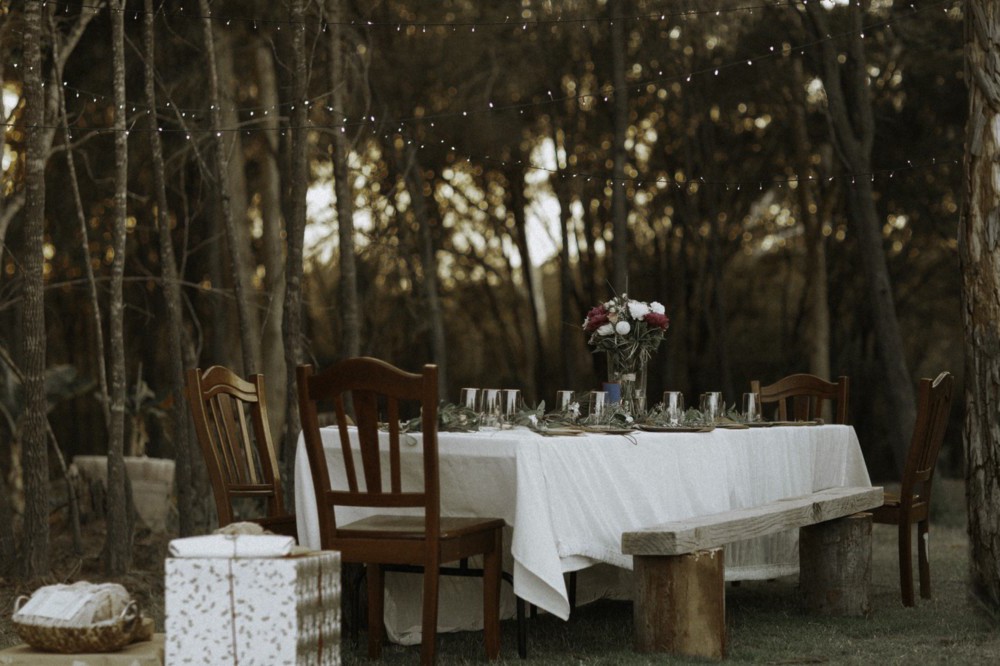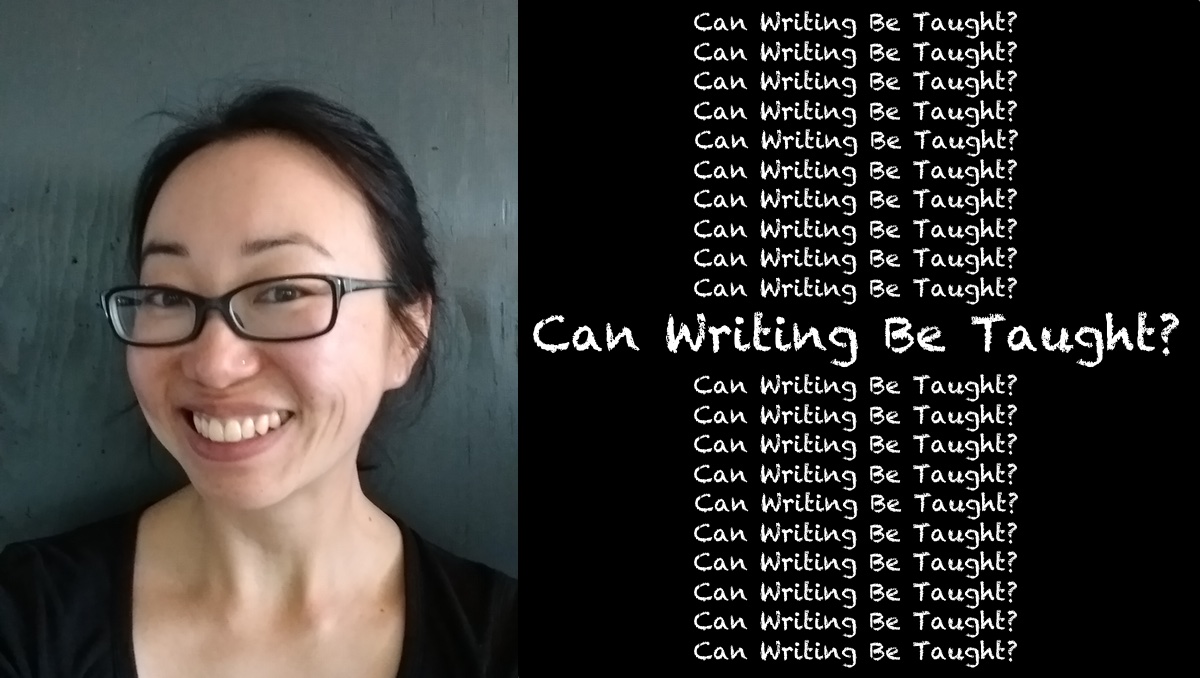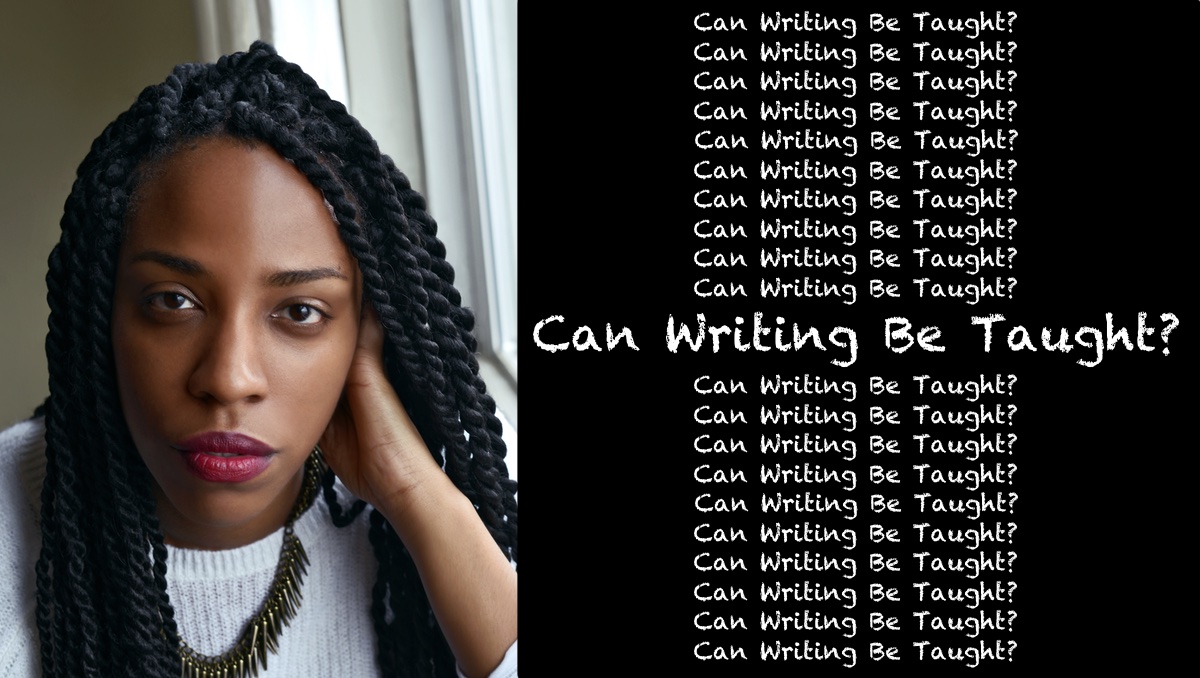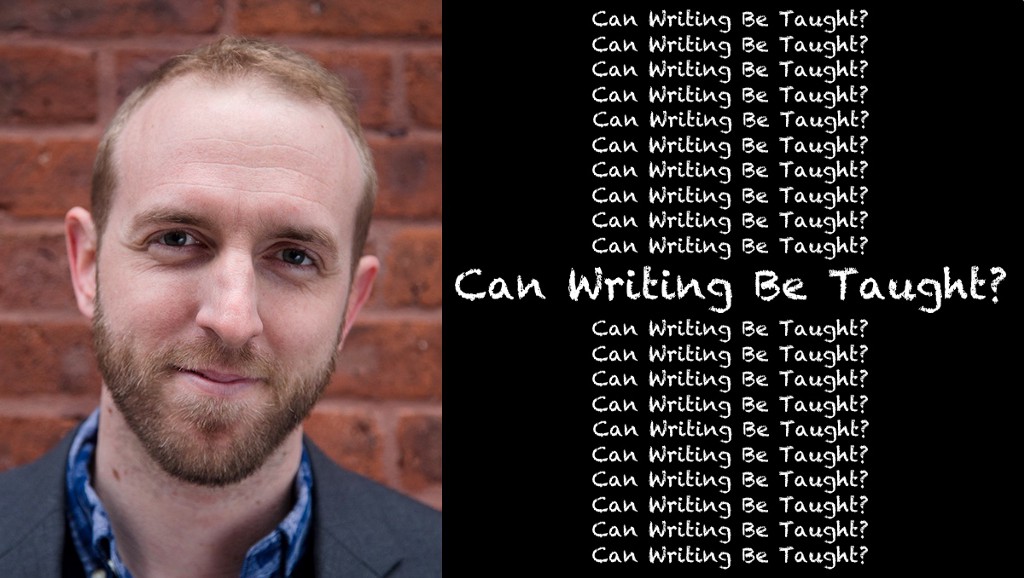interviews
Ten Questions About Teaching Writing with Colin Winnette
The author of “The Job of the Wasp” answers our questions on pedagogy
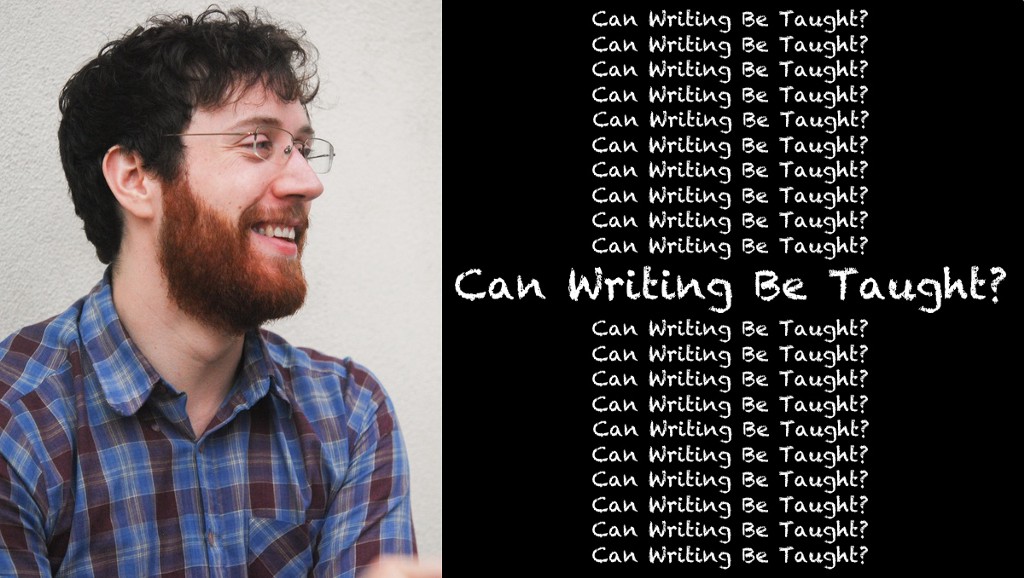
I n our monthly series “Can Writing Be Taught?” we partner with Catapult to ask their course instructors all our burning questions about the process of teaching writing. This month we talked to Colin Winnette, author of The Job of the Wasp, a creepy gothic coming-of-age mystery (yes, it’s all those things, and Winnette pulls it off). He’ll be teaching a six-week advanced fiction workshop starting on November 28. It’s an online class, so if you’ve always wanted to take a Catapult course but you’re not based in New York, now’s your chance; submit a writing sample to claim a spot.

What’s the best thing you’ve ever gotten out of a writing class or workshop as a student?
The opportunity to be taken seriously when there was no real cause for anyone to do so.
What’s the worst thing you’ve ever gotten out of a writing class or workshop as a student?
A sense of self-importance.
What is the lesson or piece of writing advice you return to most as an instructor?
That I would never be rid of self-doubt, but I could get it to sit in the backseat, rather than let it drive the car.
Does everyone “have a novel in them”?
That feels like asking if everyone is capable of murder. The answer is probably yes, but some people are much closer to performing the act than others, and the fact that we have it in us does not a murderer make.
Does everyone “have a novel in them”? That feels like asking if everyone is capable of murder.
Would you ever encourage a student to give up writing? Under what circumstances?
If they really wanted to stop, I’d support it. But if it’s something you want, you never should.
What’s more valuable in a workshop, praise or criticism?
I’m more interested in what caused a reaction and why, rather than if the reaction was positive or negative.
Should students write with publication in mind? Why or why not?
If they intend to publish, it’s something worth thinking about. They’re different things, to write and to write something that’s meant to be read.
Crystal Hana Kim Thinks Worrying About Publication Kills Creativity
In one or two sentences, what’s your opinion of these writing maxims?
- Kill your darlings: Very Practical Magic, and we saw how that worked out!
- Show don’t tell: Why can’t you follow your own advice, maxim!
- Write what you know: I guess it’s better than guessing.
- Character is plot: Then what’s the point in defining either?
What’s the best hobby for writers?
Writing.
What’s the best workshop snack?
Hunger.





